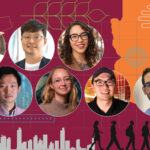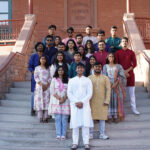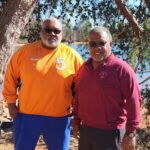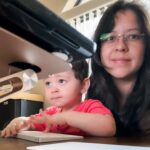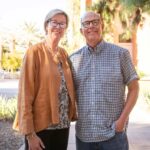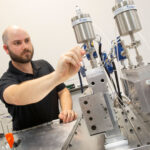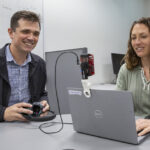
ASU researcher joins ranks of top biomedical engineers
Sarah Stabenfeldt named among the most impactful leaders in her field by American Institute for Medical and Biological Engineering College of Fellows
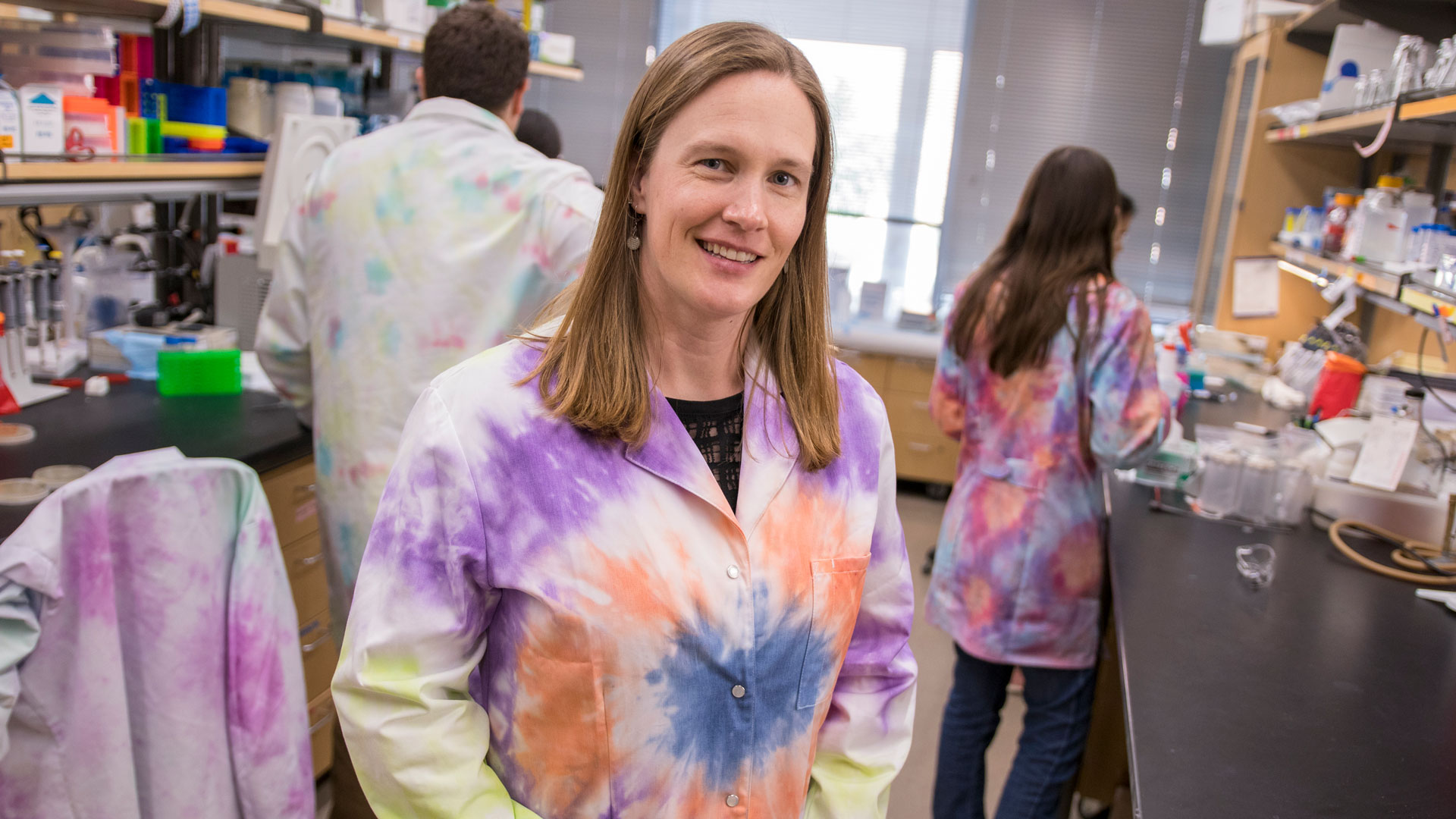
Biomedical engineers play an important role in the health of our society. By contributing new knowledge and technology to biology and medicine, they help solve some of the greatest challenges humanity faces, including addressing the debilitating effects of brain injuries and diseases.
Sarah Stabenfeldt, an associate professor of biomedical engineering in the Ira A. Fulton Schools of Engineering at Arizona State University, is one of the researchers contributing to the advances of neural tissue engineering, regenerative medicine, nanoparticle therapeutics and discovering indicators called biomarkers in injured brains.
This impactful work has led Stabenfeldt to be named among the top 2% of medical and biological engineers in the country through her election to the College of Fellows of the American Institute for Medical and Biological Engineering, or AIMBE.
“I am very humbled to be included in this prestigious society,” Stabenfeldt says. “Many of my mentors and role models are Fellows. To be recognized as their peer is beyond any achievement I thought I would accomplish.”
AIMBE is a nonprofit organization that brings together academia, government, industry and scientific societies in a community that advances medical and biomedical engineering to benefit people’s lives. It advocates for research support from government entities, communication about public policy and career development training.
“Each of these activities is critically important to engage in as a biomedical researcher and educator,” says Stabenfeldt, who is a faculty member in the School of Biological and Health Systems Engineering, one of the seven Fulton Schools, and holds additional positions in the ASU School of Life Sciences.
The organization’s College of Fellows is comprised of 2,000 individuals representing engineering and medical school chairs, research directors, professors, innovators and entrepreneurs who demonstrate excellence in medical and biological research, industrial practice and education.
Stabenfeldt joins Fellows who have earned the Nobel Prize, Presidential Medal of Science and Presidential Medal of Technology and Innovation, as well as National Academy of Engineering, Medicine and Sciences members.
New Fellows are nominated, reviewed and elected by their peers who are also members of the AIMBE College of Fellows.
Stabenfeldt’s multidisciplinary approach to the discovery and development of novel biomarkers and therapeutics for traumatic brain injury particularly stood out to her AIMBE peers — as did her accomplishments and recognition from local and national organizations.
She has earned multiple new investigator awards, including the National Institutes of Health Innovator Award, the National Science Foundation CAREER Award and the Arizona Biomedical Research Commission Early Stage Investigator Award. Stabenfeldt’s early career success has been sustained by her pursuit of impactful research questions and continued funding by the National Institutes of Health and Arizona Biomedical Research Commission.
She leads a team of postdoctoral students, doctoral candidates, and graduate and undergraduate student research trainees in her laboratory, the Stabenfeldt Lab, to develop regenerative strategies for neural injuries.
The Fulton Schools and broader biomedical communities in the Phoenix area “have been instrumental to this achievement,” she says. “From infrastructure support to collaborations to outstanding students and trainees, I consider myself lucky to be surrounded by a supportive community.”
AIMBE Fellows also give back to their fields and contribute to public policy through advocacy efforts and initiatives.
Stabenfeldt advocates for addressing systemic inequalities and disparities in science, technology, engineering and math, or STEM fields. At ASU, she works with multiple diversity, equity and inclusion groups, and participates nationally in biomedical engineering community diversity groups, such as the Biomedical Engineering Society’s Diversity Committee and the Underrepresented Needs in Technology and Engineering series, and the Society for Biomaterials Diversity Taskforce.
Her newest distinction with the AIMBE College of Fellows, she says, provides “energy and motivation to keep pursuing impactful research problems in the lab and cultivating an inclusive environment for the next generation of biomedical engineers.”
Stabenfeldt will be honored alongside 152 colleagues in the AIMBE Fellow Class of 2022 at a formal induction ceremony held during AIMBE’s 2022 Annual Event on March 25.
She joins three ASU colleagues already inducted into the AIMBE College of Fellows: Professor Dierdre Meldrum (2015), Professor Kaushal Rege (2017) and Regents Professor and Del E. Webb Professor of Health Innovation George Poste (2021).




